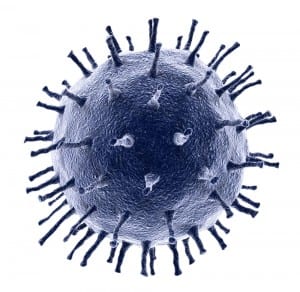Welcome back to the latest edition of the Medical News summary blog covering the latest in health and medical news stories from the 7th of December to the 13th of December.
A new gene therapy technique studied in Houston Methodist Hospital, Texas has been shown to modify prostate cancer cells, enabling the patient’s body to attack them

In exciting medical news, this new technique has been named “suicide gene therapy” due to the fact that it causes the tumour cells within the body to self-destruct. The published research showed a 20% improvement of survival in patients with prostate cancer five years after treatment. Although the results are promising, further research needs to be conducted in order to determine the overall effectiveness of the treatment. Prostate cancer is the most common cancer in men in the UK with more than 41,000 men diagnosed with it each year. The technique works by genetically modifying cancer cells, signalling them for destruction by the patient’s immune system. This is used alongside radiotherapy in the study.
Official figures released this week indicate that the number of paramedics leaving the NHS has doubled in four years
In this week’s medical news, it was reported that there is a national shortage of 1,500 paramedics. Around one in ten positions are currently unfilled. Due to the shortage, a large number of ambulance trusts have attempted to recruit paramedics from abroad by gifting £4,500 to new employees as a joining reward. The Home Office has placed paramedics on a shortage occupation list. This means that immigration rules are relaxed for foreign paramedics entering the country. A survey of over 3,000 ambulance workers by UNISON, Unite and the GMB found that 73% were considering leaving the NHS. The London Ambulance Service have recently hired more than 400 paramedics from Australia and New Zealand, whilst other trusts are turning to Poland and Ireland to fill vacancies.
Bed-blocking in the NHS has risen to its highest level in five years since records began
In other medical news this week, NHS England has missed targets set in place for A&E waiting times, cancer treatment and ambulance responses. The Nuffield Trust has indicated that the bed-blocking (see here for a definition of bed-blocking) could be due to cuts on care budgets. Bed-blocking is usually due to frail and elderly patients who have finished their medical treatment but are unable to return home. This is usually due to the fact that there is a lack of support for these patients when they return home and therefore they are unable to be discharged. Part of this could be due to the fact that £1.7 billion has been cut from social care budgets since 2010.
Uploaded by Alessandra on 14th December, 2015
